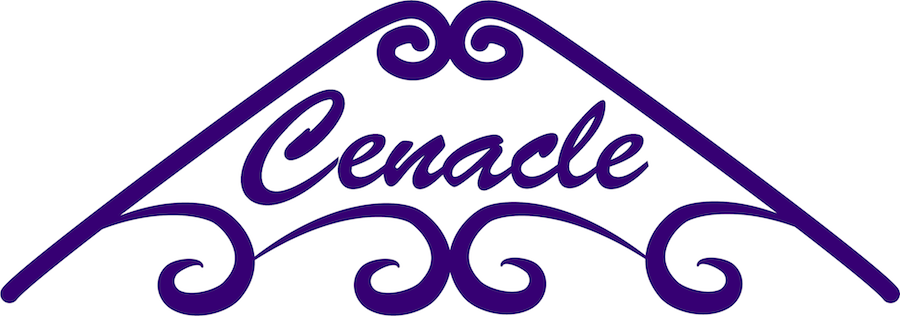
Introduction
Last year I made a pilgrimage to The Lyell, that once-flourishing, now ghost town, deep in the Buller Gorge. My maternal great-grand-parents, Luigi Carmine from the north of Italy and Catherine Concannon from the west coast of Ireland, created their first home there in 1879. He, a cobbler in that mining town, and she, the mother of nine children, musician and gatherer of people.
There I experienced a deep connection with these ancestors. On the day of my visit, on the white stones and the wet green bush of The Lyell, I met them. And I know, beyond any doubt at all, that before I was ever born I am in this land, these rivers, this bush, this light. For ages past, I am the speck of gold awaiting the hour of my birth.
This experience of spirited connection centres me. It is a focal point out of which I write. This book expresses an identity flowing from a sense of place, relationship to this place, its people and context.
Events on my journey which deepen this sense of place and connection are many, as are the people who have been signposts for me on the way.
In New Plymouth, between the mountain and the sea, I grew up in a family bound together by books and music, vege gardens with enough freesias and zinnias and poppies to make a difference, and a faith that does. Our extended family deepened that awareness of word and music through family concerts, stories, humour, song and practical care for others struggling because of lack of resources.
Later, as a young teacher, I remember being criticised by the inspectors for my emphasis on creative writing and dance. I believe that everyone possesses a deep well of potential creativity. It helps when others encourage us to let down the bucket into the well and believe in our gifts. My parents did that. My brother and sisters continue to do that for me. There's a mutuality there. Some of these poems hold our family story.
In my twenties, I joined the Cenacle Sisters, an international congregation of women which originated in France in 1826. Through the Cenacle my sense of place was challenged and expanded to embrace a sense of the spirit. I believe in the possibility of direct encounter with a personal God who welcomes discovery in all places, events and people. As a Cenacle Sister I have had plentiful opportunities to companion people on their inner journeys, where the context is often one of search for meaning, purpose and wholeness. Some of these poems reflect those journeys and play beams of light on the searching.
Through friendships I feel the tug and challenge of love I know and receive the commitment that steadies friendships over years. Some of these poems flow out of relationships. Others begin simply in my own imagining. Some of these poems tell of death ~ a death that strikes while the rest of us shudder and try to go on living.
Through the Cenacle, especially in my recent years in the role of regional leader, I have had opportunities for a great deal of exposure to other places and cultures. There, my instinct is to take off my shoes, in radical openness to the new.
In 1996, when I had completed six years in that leadership role, the thing I most wanted to do was write. Several years previously Joy Cowley read some stories I'd written for my nieces and nephews as Christmas presents. Joy said, "Go to Whitireia Polytech's writing course.' At that time work demands prevented me from doing so. But in 1997 I was able to join several weeks of the writing module part-time. At the end of those weeks Rachel McAlpine said to me, "Go and publish."
What began as a desire to continue writing for children grew into a rediscovery of myself as writer, reluctant to bear the name 'poet.' What began as writing to present a folio of original poems for assessment grew into a fire burning in me.
Through 1998 I wrote whenever I could find time and intentional solitude for the work.
This first collection of poems stirs questions:
What is our sense of place?
What is our relationship with the land?
What is our sense of spirit?
What is our sense of connectedness?
What is our sense of purpose?
What is destructive around us?
What is life-giving for us?
There's a mysticism of place I am discovering. There's the context, increasingly fractured and troubled, of people's lives. There's the call of the Spirit ~ the wild, white swan.
I hope these poems shine enough light and sense of connection to make a difference. In risking asking the questions and living into the answers, I believe we discover a stronger sense of identity and authentic spirituality as people privileged to live in the place where
no land
at all
at all
breaks the fall
and rise of waves
once they leave Antarctica.
Anne Powell March 1999
